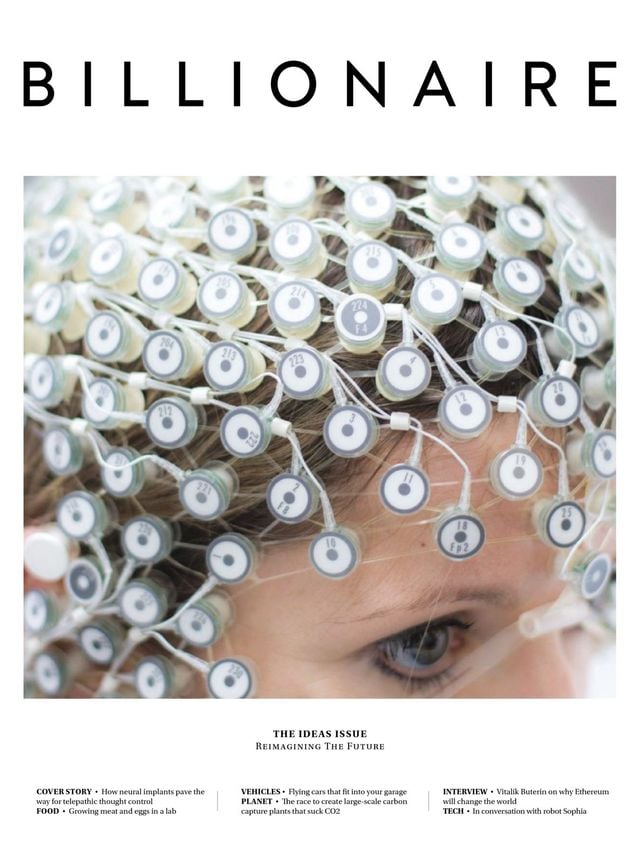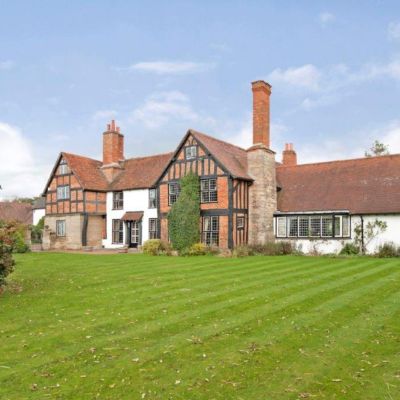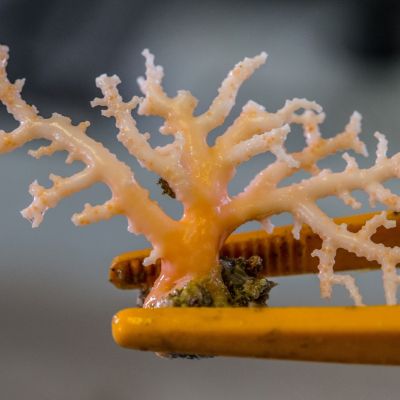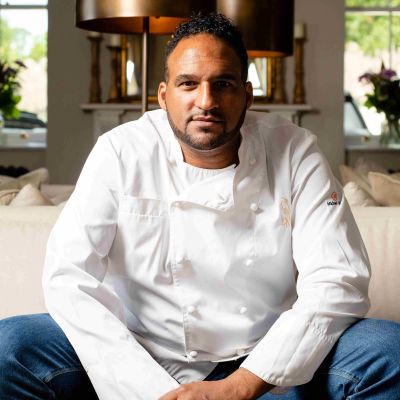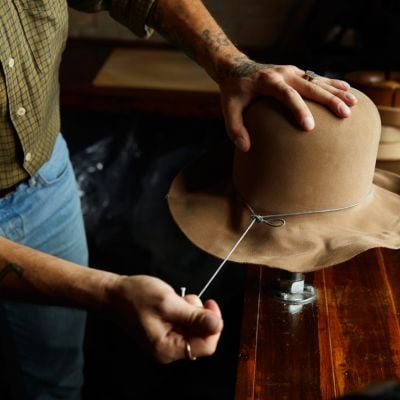Heart Of The Supernova
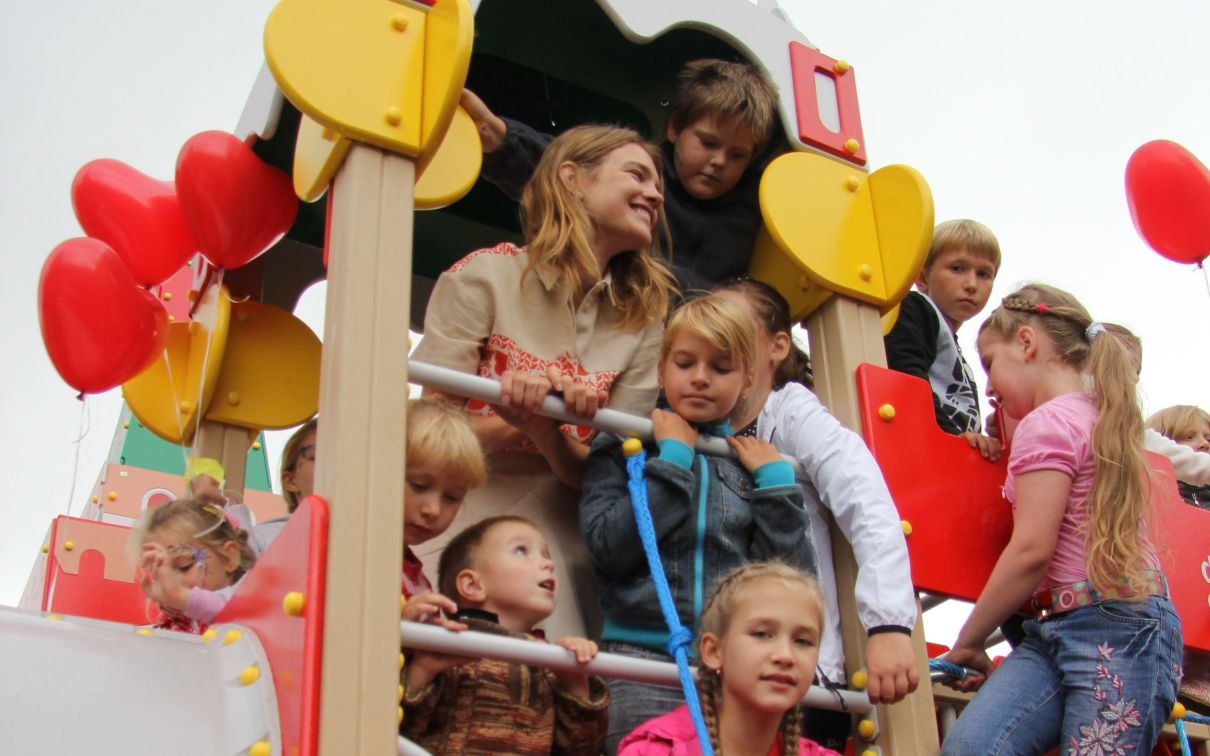
Natalia Vodianova has built her philanthropic activities around the supreme importance of children’s play.
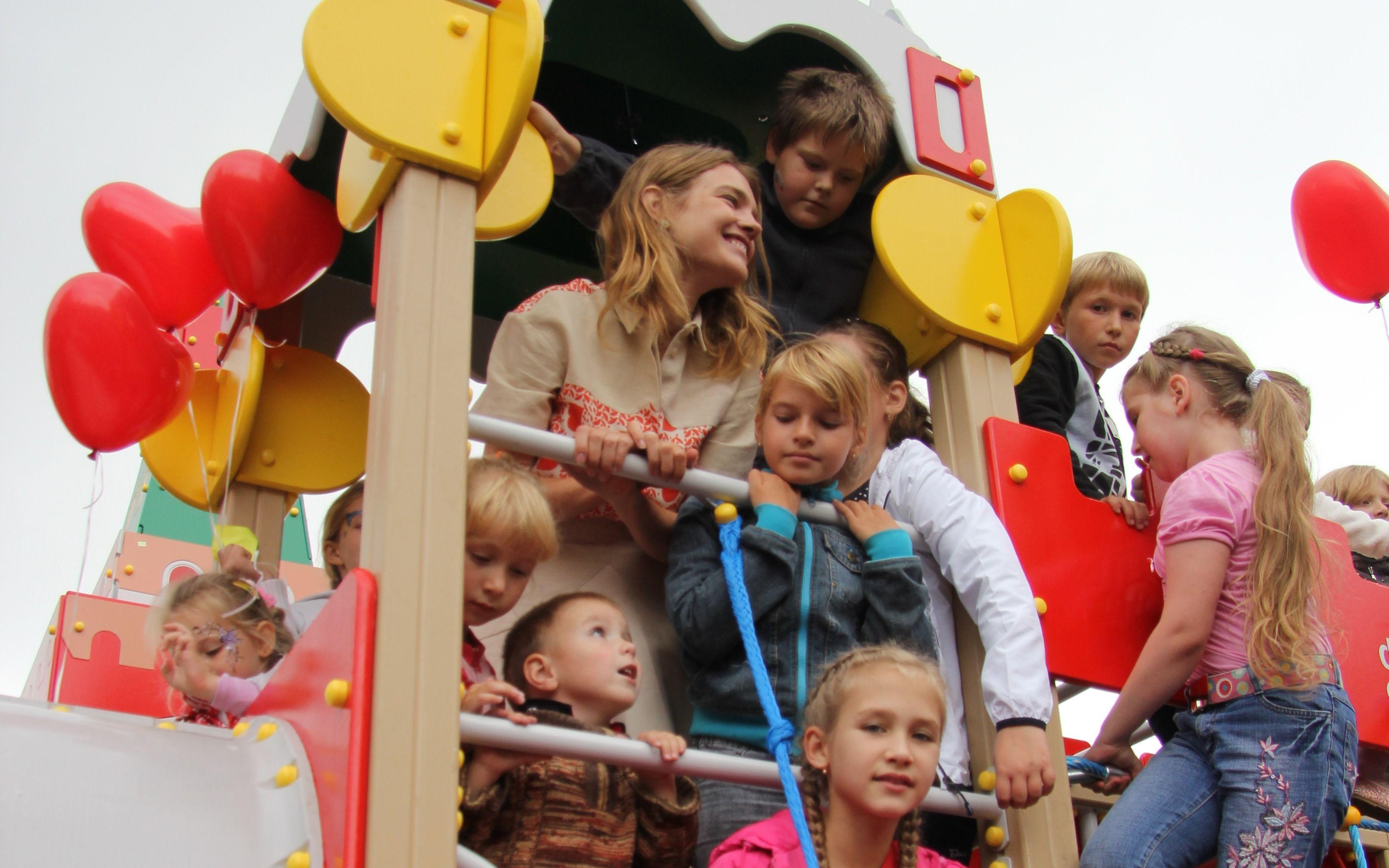
Natalia Vodianova — nicknamed Supernova, with a mere 1.5 million followers on Instagram — is a supermodel with a serious track record when it comes to philanthropy. She set up the Naked Heart Foundation in 2004, prompted by the horrors of the Beslan school siege, where 186 children died after Chechen militants had taken hostages. Vodianova saw play as a route to healing some of the wounds of the children involved. Since that time, the charity has been able to build many play parks across Russia, often located in areas where children have undergone trauma and distress.
BILLIONAIRE caught up with Vodianova to discuss her philanthropic enterprises.
How many play facilities do you have?
We just ended 2017 with 190 play facilities in Russia, including three in the UK and one in Peru. I’m convinced that we can reach our goal of creating 500. Play is so important for children, regardless of their ability or social background, and I strongly believe it’s a necessity rather than a luxury. We were the first charity in Russia to develop inclusive play facilities accessible by children with not only physical but also mental and sensory disabilities including autism.
Why do you think that play parks for children was such a neglected part of city planning?
The main factor has always been and still is poverty. In most cases we build our inclusive play facilities far from well-developed cities. Having personally grown up in poverty in urban Russia I understand the importance of play and the devastating consequences of being deprived of such a basic necessity. Growing up with a younger sister with special needs, I wish there had been the right facilities during her childhood. We create a lot of playgrounds on the premises of orphanages, children’s hospitals and rehabilitation centres, as these places often lack funding and a play facility is never a priority.
What is your most poignant memory from the charity’s history?
One of the most touching moments I’ve had was while traveling to Tula, Russia, some time ago. In one of the organisations Naked Heart supports is a teenager called Alexey. He has severe autism and cerebral palsy, and hence it is challenging for him to control his body movements. Also, Alexey is non-verbal and until the age of 13 he was aggressive and uncontrollable, because neither the specialists nor his mother could understand him. Then she took him to a support centre where a specialist discovered that Alexey has a really high level of intelligence. He understands everything and was always trying to tell his mother about it. He got very frustrated when no one understood him. Specialists taught him alternative means of communication. He now has a board with letters and words, and that’s how he started communicating with people. Since then, his life has changed completely. Now he writes fascinating stories, his language is very rich; he passed his exams at school and has entered college. Alexey dreams of becoming a journalist. Sometimes it is hard to see someone’s potential immediately. However, I believe that every child should have an opportunity to reveal it, just as Alexey did.
Why did you decide to set up the Every Child Deserves a Family programme?
We launched the programme with a main goal of ending Russia’s long-standing tradition of placing children with special needs and learning disabilities in care homes and orphanages. Since 2011 this programme has become a big part of my charity’s work and shaped the foundation’s mission — to help build an inclusive society that is open to people with disabilities and special needs. We try to achieve this through encouraging play and creation of free support services for families raising children with special needs. We do everything to make sure people with special needs have equal opportunities in the Russian society. For example, we run early-intervention services for young children with special needs; we invest a lot in education projects that provide access to schools for kids with autism; each summer we fund integrative camps for children with special needs; and we have developed a network of family-support services. We also try to build a professional community for child development specialists, and do a lot of advocacy — changing attitudes towards people with special needs is a crucial part of the programme. It’s the base of everything we do.
How much have you raised for the Naked Heart Foundation and what is the best means of raising money?
We’ve raised more than US$53 million; charity fundraisers such as our signature Love Ball or Fabulous Fund Fair remain our main source of income. Now in its fifth year, the Fabulous Fund Fair is a lively event, in the style of a classic funfair, where all the stalls, games and attractions are voluntarily manned by celebrities willing to support the foundation and the prizes are kindly provided by an array of luxury brands.
What are your plans for the future of the foundation?
We are currently investing a lot of resources in early-intervention programmes for children with special needs. The earlier a child and his carers get professional help, the more chances they have to fully integrate into life in the future: get access to education, socialise, make friends and so on.
But moving forward we feel that we need to expand support services for young adults too. In Russia there’s currently very little or, in some regions, no infrastructure supporting adults with autism, Down’s syndrome and learning disabilities. At Naked Heart Foundation we understand that the young children we help today will in a few years need a different kind of support. They need to learn to be independent and get employment. We already have some projects for young adults with special needs in our family-support centre in my hometown of Nizhny Novgorod and in Saint Petersburg, but I feel that in a few years we’ll definitely need to do more in that respect.
This article originally appeared in Billionaire's Ideas Issue, March 2018. To subscribe contact

